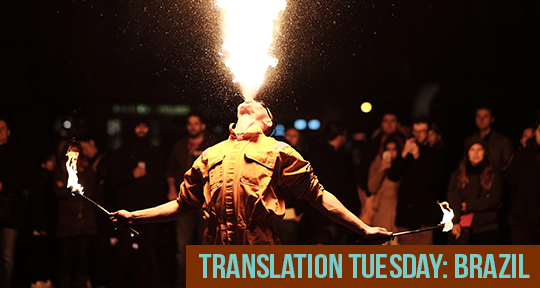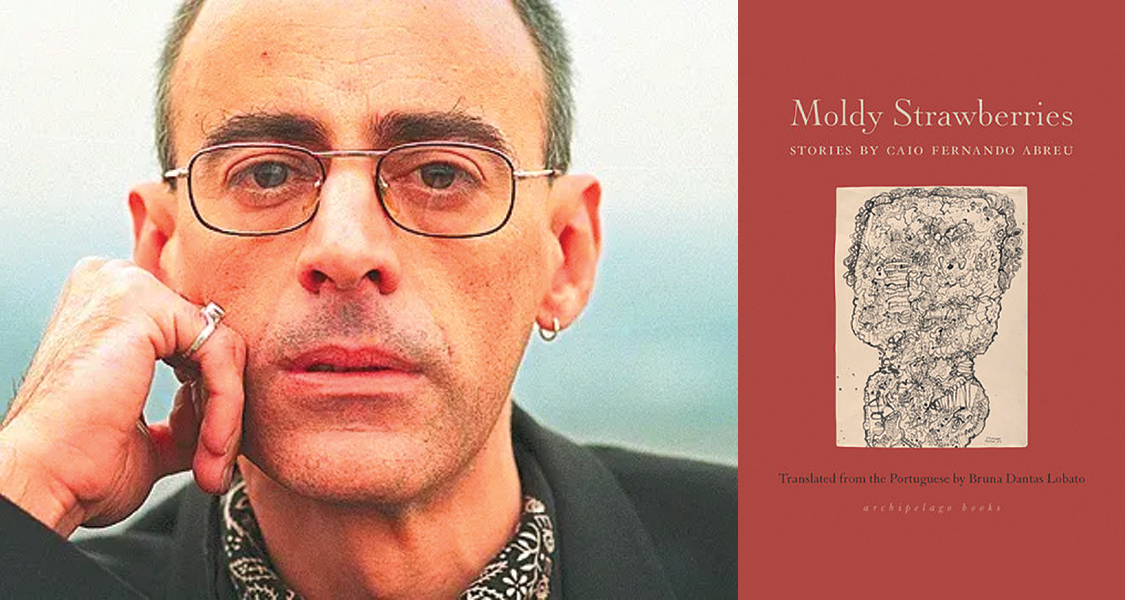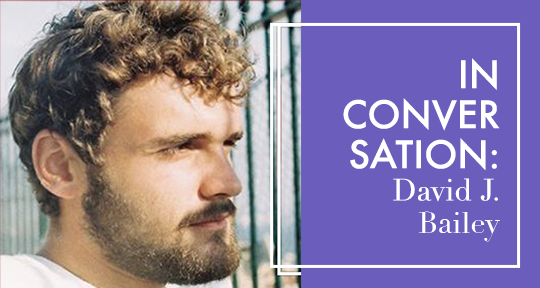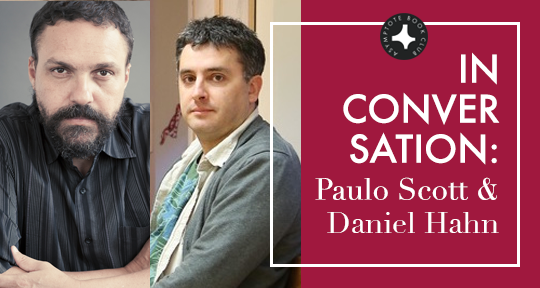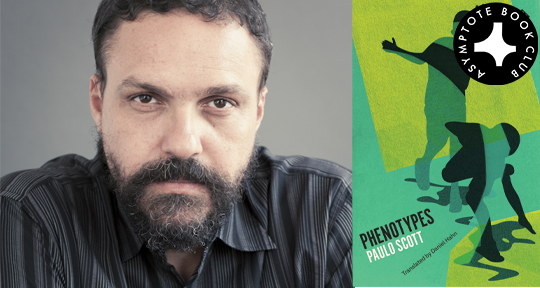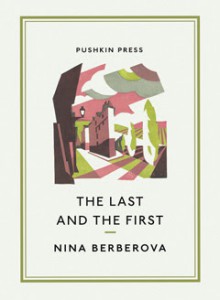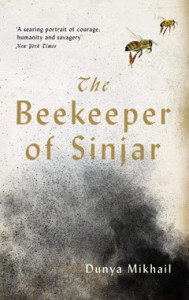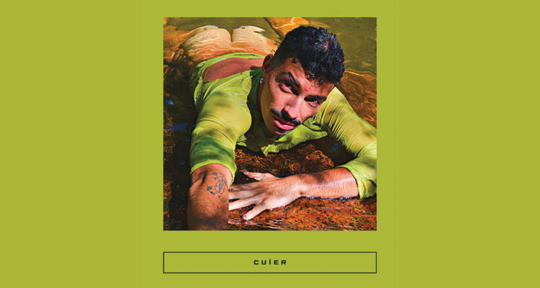This Translation Tuesday, we bring to you a charming story of a family race on an open field by the Jabuti Prize-winning writer Mário Araújo. In that brief stretch between the starting gun and an imaginary finish line, Araújo captures the kaleidoscopic psyche of a young girl at play. In Elton Uliana’s translation, we glimpse in “The Competition” a nimble adolescent mind figuring out the language to articulate her ambition, fear, affection, in short, her complexity.
It was their father who, imitating the sound of a gun with his voice, gave the signal to start. The boy lagged behind right from the beginning, while she and her father thrust their legs forward, side by side; she was trying to perfect her incredibly fast steps to compensate for his much longer strides. The boy was behind mainly because, between the excitement and the distraction, he had delayed a couple of seconds before reacting to the starting gun.
Her head only came up to her father’s waist, but the fact is that, at that moment, she was barely looking at him, focused entirely as she was on her own performance. All she could manage was to feel his presence next to her, a dark, solid figure of great size, wearing the trousers he always wore. She was frustrated that his body needed to make much less effort than hers. Her father looked like he was floating in mid-air, but even so he still seemed invincible. It seemed as if he was moving forward, pulled by the power of the real propellers that were her feet, attracting everything around them like magnets. She could swear that he didn’t know where and how his daughter had learned to run as fast as that. The truth is that she learned a lot in the time she spent away from him and her mother. Hour after hour, day after day playing in the open field next to the house, dressed like a boy, wearing trainers—sometimes even barefoot—t-shirt and shorts, very different from the pretty little Beatrice her father saw at night, in pink or light-yellow pyjamas, or on Sundays, when she dressed up or went for lunch at their relatives’ house.
Now they were all in the open, her father, little Luke and her, and that would give her even more advantage, since she knew the field like the back of her hand. Her father shouted something and, by the way the words were framed by his lips, he seemed to be smiling, but she didn’t quite understand as she was concentrating on her task and the wind was howling heavily in her ears. She felt annoyed when she realized that her lazy dad, in addition to being carried on the wings of her jet propellers, still looked relaxed and happy. She quickened her pace even more to the point where her heart was almost touching that little thing in the back of her throat the doctor calls tonsils, and her mother calls bells.
As for little Luke, she didn’t have time for him now, he was such a baby. She only hoped that he wasn’t sitting on the grass crying and forcing their father to interrupt the competition and help him. But she couldn’t hear any crying, perhaps because the wind was blowing in her ears, the wind of that open field, a wind that lived there. READ MORE…


